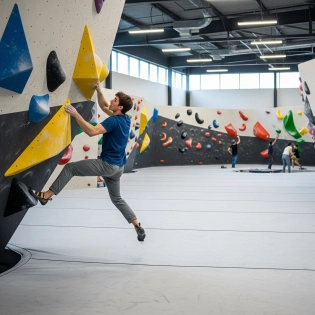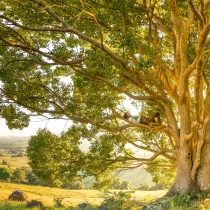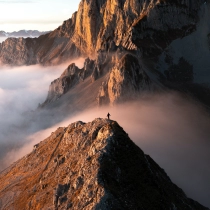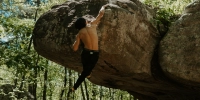

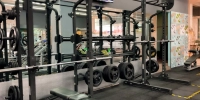
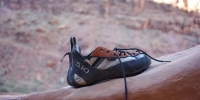



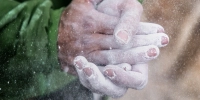
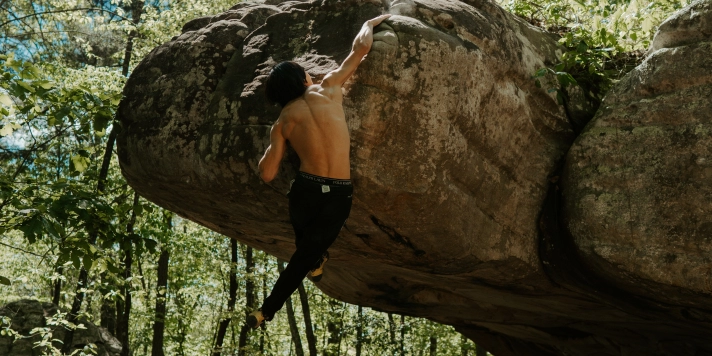
bouldering
My first v6 was after about 6 months. But, to be able to consistently climb v6s and call myself a v6 climber, it took longer, maybe closer to 1 year.
Yes, I could say that I climbed a v6 and that I am a v6 climber, but, to me that doesn't count. It may have been a very soft v6, it could have been my specific style also. For me what counts is being able to consistently climb v6s.
I felt comfortable in the v6 range close to a year after I started. I wouldn't flash them yet, but I could do them after a few attempts or sessions.
A good goal to have for bouldering is to continuously improve your climbing skills and performance. Aim to progress to higher difficulty grades, conquer challenging projects, refine your technique, and increase your strength and power. These goals will help you push your limits, achieve personal growth, and enhance your overall bouldering experience.
The lights on a Moon board are typically positioned under the holds to create a specific type of training environment. Placing the lights underneath the holds helps illuminate the climbing holds and highlights their edges, making it easier for climbers to identify and target specific holds during their training sessions. This setup enhances body awareness, improves accuracy in foot and hand placements, and allows climbers to focus on precise movements and techniques. By emphasizing hold visibility, climbers can effectively practice and develop their climbing skills on the Moon board.
Yes, you can definitely get sweaty while bouldering. It's a physically demanding activity that can raise your body temperature and make you perspire. Sweating is a natural response to the physical exertion and helps regulate your body temperature. As you climb, you may notice yourself getting sweaty, especially on your hands. Using chalk can help absorb moisture and improve your grip on the holds. Staying hydrated and taking short breaks when needed can help manage your body temperature.
Chalk is not a strict requirement for bouldering, but it is commonly used by many climbers to improve grip and reduce sweat on their hands. The decision to use chalk while bouldering is a personal preference. Some climbers find that chalk helps absorb moisture, enhance friction, and provide a more secure grip on holds, especially when facing challenging or difficult climbs.
For indoor bouldering, wear comfortable and flexible climbing shoes, stretchy pants or shorts, a breathable shirt or tank top, and a supportive sports bra. Opt for moisture-wicking fabrics to keep you cool and dry. Consider having a chalk bag or bucket for easy access to chalk. Prioritize comfort and freedom of movement in your clothing choices.

